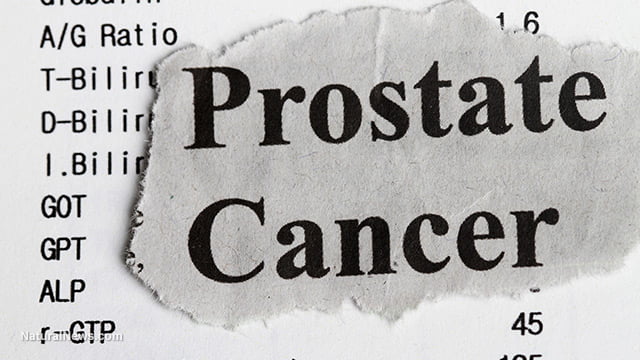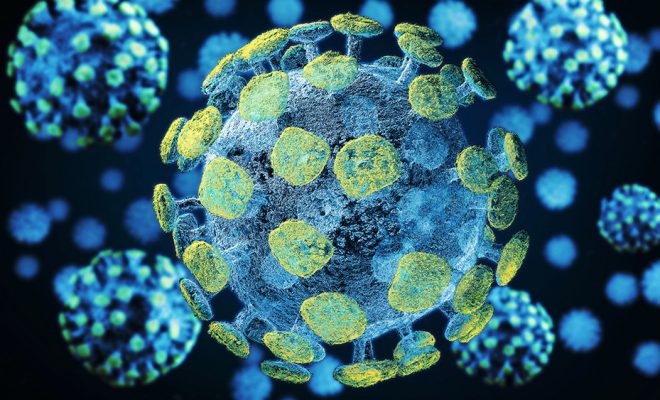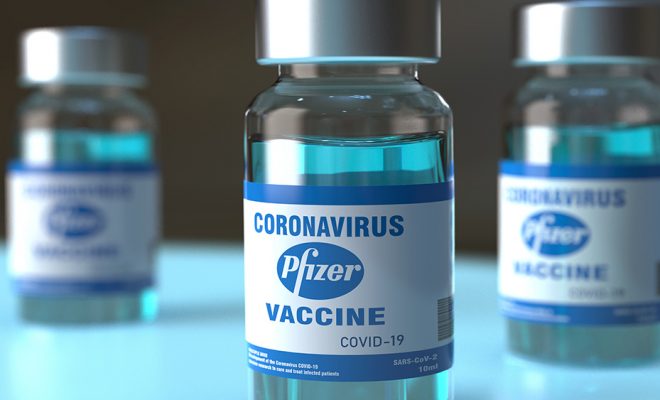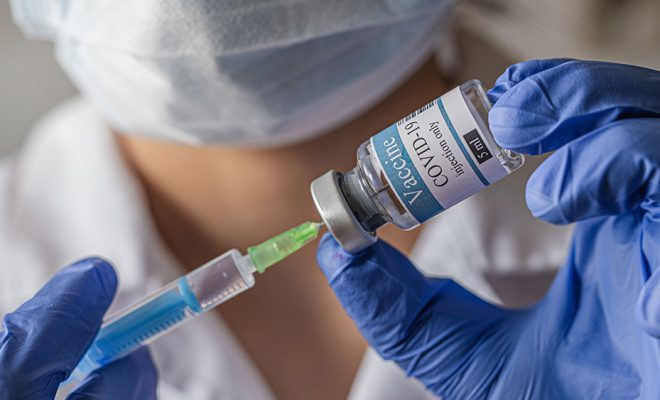Why Prostate Cancer Screening is the Poster Child for Over Diagnosis

The following is an incredibly important and well written excerpt from Dr. H. Gilbert Welch’s book Less Medicine More Health, detailing the harm caused by over-diagnosing cancer. Please share with your friends and family, as it could literally save their lives.
Finally, screening produces the harm of overdiagnosis. While the term sounds like it simply means “excessive diagnosis,” it has a more precise definition in cancer screening. Overdiagnosis occurs when a cancer is diagnosed, yet the cancer is not destined to cause symptoms or death.
Overdiagnosis does not imply misdiagnosis: the cellular abnormality found does, in fact, meet the pathologic criteria for cancer. And overdiagnosis should not be confused with a false alarm: patients with false alarms are told they don’t have cancer and are not treated; overdiagnosed patients are told that they do have cancer and are treated.
Simply being told you have cancer is like being told you have an infection
Whenever doctors screen for cancer we end up treating a lot more people than we would otherwise. We look hard for early forms of cancer, we find more “cancer,” and we treat more “cancer.” By now you are surely wondering: What does that word mean? Dr. George Crile—a cancer surgeon at the Cleveland Clinic—thinks about it this way:
In clinical practice, to say that a person has cancer gives as little information about the possible course of his disease as to say that he has an infection. There are dangerous infections that may be fatal and there are harmless infections that are self-limited or may disappear.
The same is true of cancers. Cancer is not a single entity. It is a broad spectrum of diseases related to each other only in name.
It’s the turtles that make overdiagnosis possible. Practically speaking, we only find turtles by screening. (A cancer that becomes clinically evident—because of either signs or symptoms—is, by definition, not a turtle.) But screening also identifies some rabbits and few birds.
Since we doctors cannot reliably distinguish which animal is which, we treat them all—”just to be safe.” That means screening leads us to treat turtles. If your cancer is a turtle, however, you can’t be helped by treatment—because there is nothing to fix. But you can be hurt by treatment. Finding and treating turtles: that’s the problem of overdiagnosis and overtreatment.
You want a feel for the problem? You want narrative? It would go something like this:
I am a middle-aged [pick one: woman/man] who was encouraged to participate in [pick one: breast/prostate] cancer screening by [pick one: my hospital, my health plan, a television news story, a radio “public service announcement,” an advertisement, a celebrity, or a sports-caster].
Turtle cancers
My screening led to the detection of a small cancer for which I received [select from a menu of combinations: surgery, hormonal therapy, chemotherapy, radiation]. Because of complications from my therapy, I do not feel as well now as I did before this whole thing started.
Imagine how angry I became to learn I went through all this for nothing—my cancer was not going anywhere anyway.
Of course, that’s a fictional narrative. Nonfiction versions are rare. That’s because once someone has been treated, no one knows for sure who has been overdiagnosed. We know some have—because we are treating so many more than would ever develop clinically evident cancer—we just don’t know which ones.
When it comes to overdiagnosis, prostate cancer screening is the poster child. There are a whole lot of prostate cancer turtles. And the older men get, the more turtles there are. By age sixty, over half of men are found to have small prostate cancers on autopsy—even though they will have died from something else.
Screening doesn’t find all of these small cancers, but it finds a lot of them. And when a prostate cancer is found, the primary treatment is to remove the prostate. No one wants unneeded treatment. But unneeded removal of the prostate is particularly problematic.
The dangers of unneeded treatment
The prostate gland sits deep in the pelvis. It’s wrapped around the urethra—the tube that drains urine from the bladder to the penis—and wrapped around it are nerves en route to the penis. Suffice it to say, the prostate was not designed for easy removal.
Guys, think of it like removing the heater core in your car. It’s not easy to get to either. You gotta take the dash off and that means disconnecting a lot of vacuum lines and electrical wires.
To be fair, the surgeons have gotten reasonably good at it. Nevertheless, somewhere around half of men will have some complication following the procedure. These complications reflect the underlying anatomy: plumbing problems (leaking or difficult with urination) and electrical problems (sexual dysfunction).
Overdiagnosis and overtreatment is very common in prostate cancer screening. [Emphasis added]. In the twenty-plus years of screening, it’s happened to more than a million American men. Roughly half have suffered a plumbing or electrical problem from treatment for a cancer that was never going to bother them. And a few, a very few, have died.
The morbidity and complications of unneeded cancer treatment represent the major harm of overdiagnosis. However, two other observations are worth mentioning. First, the emotional burden of cancer diagnosis can be overwhelming for a few: cancer patients face an increased risk of suicide (even among low-risk prostate cancer patients).
Second, the financial burden of a cancer diagnosis is overwhelming for many: cancer patients face an increased risk of bankruptcy. Two more reasons to think twice about looking for turtles. Your intuition might suggest that there is no downside to looking for early forms of cancer—it can only help. But this intuition is wrong.
Arguably, the opposite is more plausible: there is no upside—it can only hurt. Think of what needs to happen for a screening test to even have a chance of working for the few it could help. Everyone must be made concerned enough to get screened, everyone must be tested, many retested and needlessly alarmed, while others are overdiagnosed and overtreated.
In other words: it’s the harms that are certain, not the benefits.
To learn about how breast cancer screenings also often cause more harm than good, click here.
Sources:
Welch, H. Gilbert. (2015) Less Medicine, More Health: 7 Assumptions That Drive Too Much Medical Care (Beacon Press)








